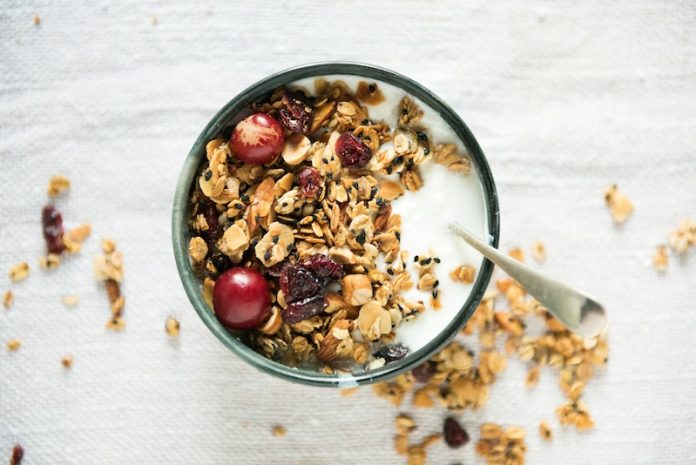
Chronic diarrhea can be a frustrating and exhausting condition. It’s more than just an inconvenience—it can seriously affect your quality of life by causing dehydration, fatigue, and nutritional problems.
While many factors can lead to chronic diarrhea, from infections to gut disorders like irritable bowel syndrome (IBS), research shows that probiotics may be a simple and effective way to help prevent and manage this condition.
Probiotics are live microorganisms, often called “good bacteria,” that support a healthy balance in your gut. Your gut is home to trillions of bacteria, both good and bad. When the balance is disrupted, it can lead to digestive problems, including chronic diarrhea.
Probiotics work by restoring the balance of good bacteria, improving gut health, and strengthening the intestinal barrier to keep harmful pathogens at bay.
Numerous studies back the benefits of probiotics in preventing chronic diarrhea. A 2020 meta-analysis published in The American Journal of Gastroenterology reviewed 35 studies involving patients with various causes of chronic diarrhea, including IBS and inflammatory bowel disease (IBD).
The findings showed that people who took probiotics regularly experienced fewer episodes of diarrhea and less severe symptoms compared to those who didn’t use probiotics. The study highlighted strains like Lactobacillus rhamnosus and Bifidobacterium lactis as particularly effective.
Probiotics are also helpful for antibiotic-associated diarrhea, which occurs when antibiotics kill not only harmful bacteria but also the good bacteria in your gut. This imbalance can lead to prolonged diarrhea.
A 2019 study in JAMA Pediatricsfound that children who took probiotics alongside antibiotics were 58% less likely to develop diarrhea. Adults experienced similar benefits, making probiotics a valuable companion when taking antibiotics.
For people with IBS, a common cause of chronic diarrhea, probiotics offer significant relief. A 2018 review in Gut Microbes analyzed data from several clinical trials and found that probiotics reduced diarrhea in IBS patients by calming inflammation and improving gut motility.
The researchers also noted improvements in bloating and abdominal pain, two other common IBS symptoms.
In addition to managing existing diarrhea, probiotics may help prevent gut infections that cause diarrhea. Certain strains, like Saccharomyces boulardii, have been shown to fight off harmful bacteria such as Clostridium difficile (C. diff), a common culprit behind severe, recurring diarrhea.
A 2021 study in Clinical Infectious Diseases found that S. boulardiisupplementation reduced the risk of C. diff infections in high-risk individuals by nearly 50%.
Probiotics are generally safe and well-tolerated for most people, with mild side effects like bloating or gas during the initial days of use. They’re available in various forms, including capsules, powders, and foods like yogurt and fermented products.
When choosing a probiotic, it’s important to look for specific strains that have been studied for their effects on chronic diarrhea. Your doctor or pharmacist can help guide you to the right product based on your needs.
While probiotics are not a magic bullet, they are a valuable tool in maintaining gut health and preventing chronic diarrhea. A balanced diet rich in fiber, plenty of fluids, and regular exercise can further support digestive health and amplify the benefits of probiotics.
If you’re struggling with chronic diarrhea, consider adding probiotics to your routine.
They offer a natural, research-supported way to restore balance to your gut and improve your quality of life. With consistent use and the right approach, you can take charge of your digestive health and feel your best.
For more information about gut health, please see recent studies about the crucial link between diet, gut health, and the immune system and results showing that Low-gluten, high-fiber diets boost gut health and weight loss.
For more information about gut health, please see recent studies about Navigating inflammatory bowel disease (IBD) with diet and results showing that Mycoprotein in diet may reduce risk of bowel cancer and improve gut health.
Copyright © 2024 Knowridge Science Report. All rights reserved.



